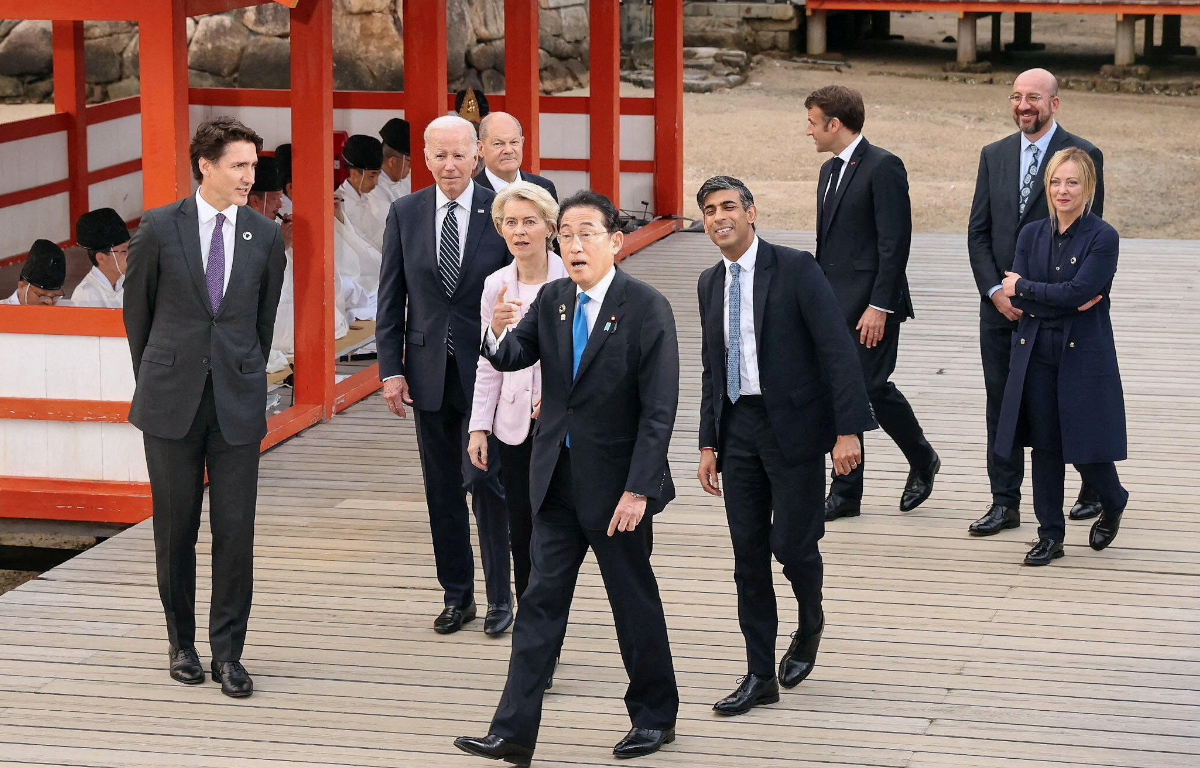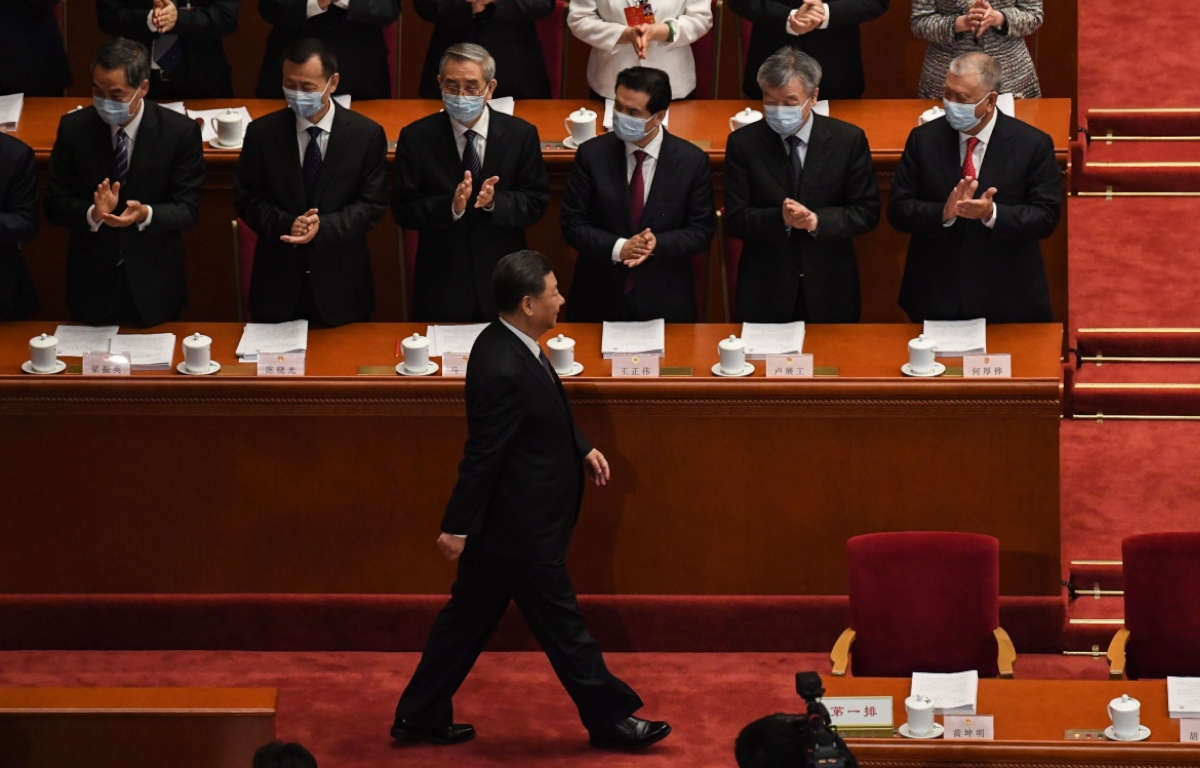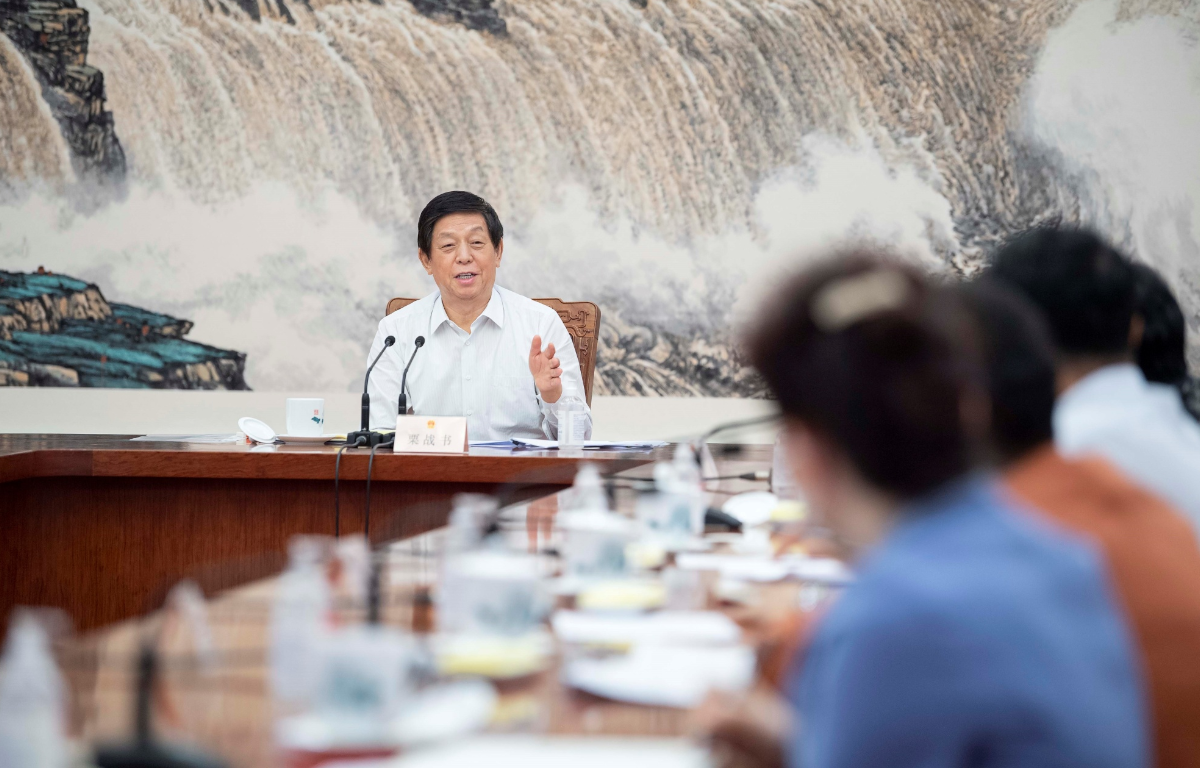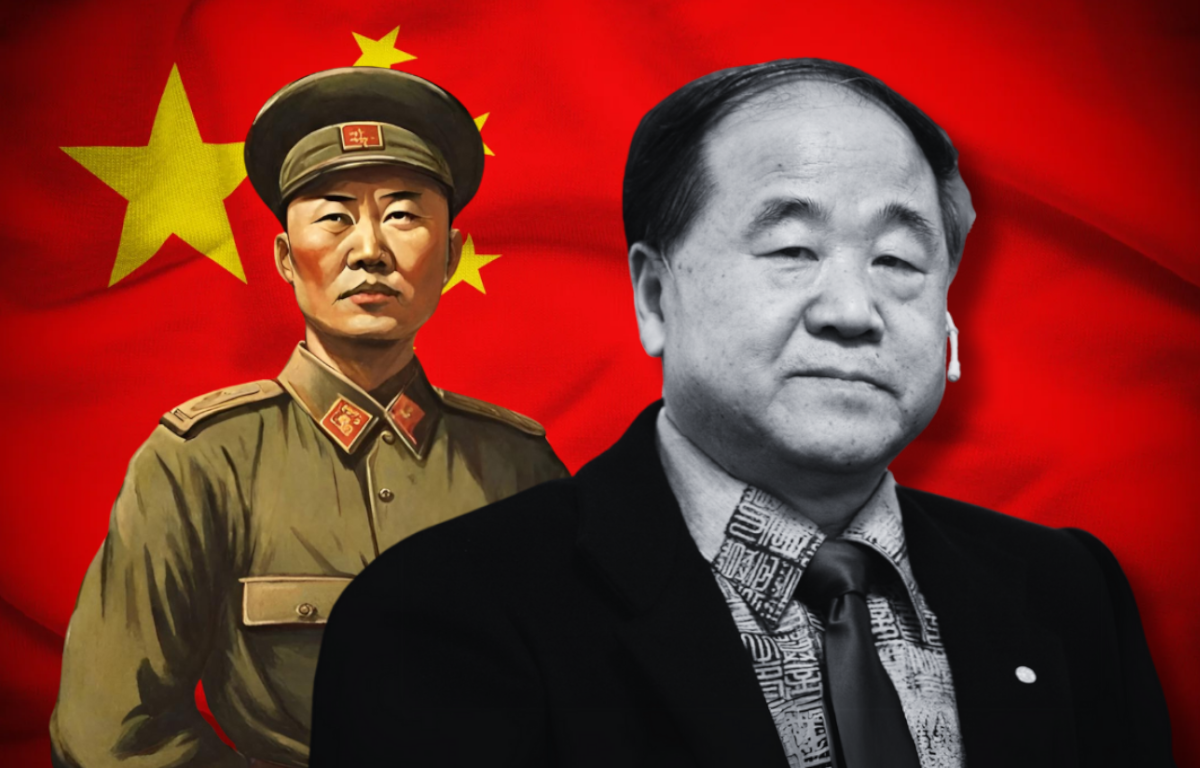
The directive, part of China’s broader efforts to shape its global image and narrative, has raised concerns about censorship, propaganda, and the politicization of ethnic identity.
Xi’s appeal, made during a conference on ethnic affairs, emphasized the importance of Chinese people, regardless of their location, in presenting a positive and unified portrayal of China’s development and achievements. The call comes amid China’s heightened efforts to strengthen its influence on the global stage and counter what it perceives as negative portrayals and misconceptions about the country.
While some individuals and organizations have welcomed Xi’s call as a means of promoting Chinese culture, heritage, and achievements, others have expressed reservations and criticism. Critics argue that the directive could lead to increased censorship, pressure to conform to Beijing’s narrative, and stifling of diverse perspectives and voices within the ethnic Chinese community.
The issue of ethnic identity and loyalty has been a sensitive topic in China, particularly regarding its policies in regions like Xinjiang and Tibet, where ethnic minority groups have faced cultural, religious, and political challenges. Xi’s call for ethnic Chinese to promote Beijing’s narrative has amplified concerns about the politicization of identity and the potential impact on freedom of expression and dissent.
The Chinese government’s efforts to control and shape public discourse, both domestically and internationally, have been a subject of scrutiny and debate. China’s expansive media censorship and propaganda apparatus, often referred to as the “Great Firewall” and the “50 Cent Army,” have drawn criticism from human rights advocates and media freedom organizations.
Xi’s directive also intersects with broader global discussions about disinformation, propaganda, and the influence of state-sponsored narratives in shaping public opinion. As countries grapple with issues of information manipulation, fake news, and foreign interference, questions about transparency, accountability, and media literacy have come to the forefront.










Share this: